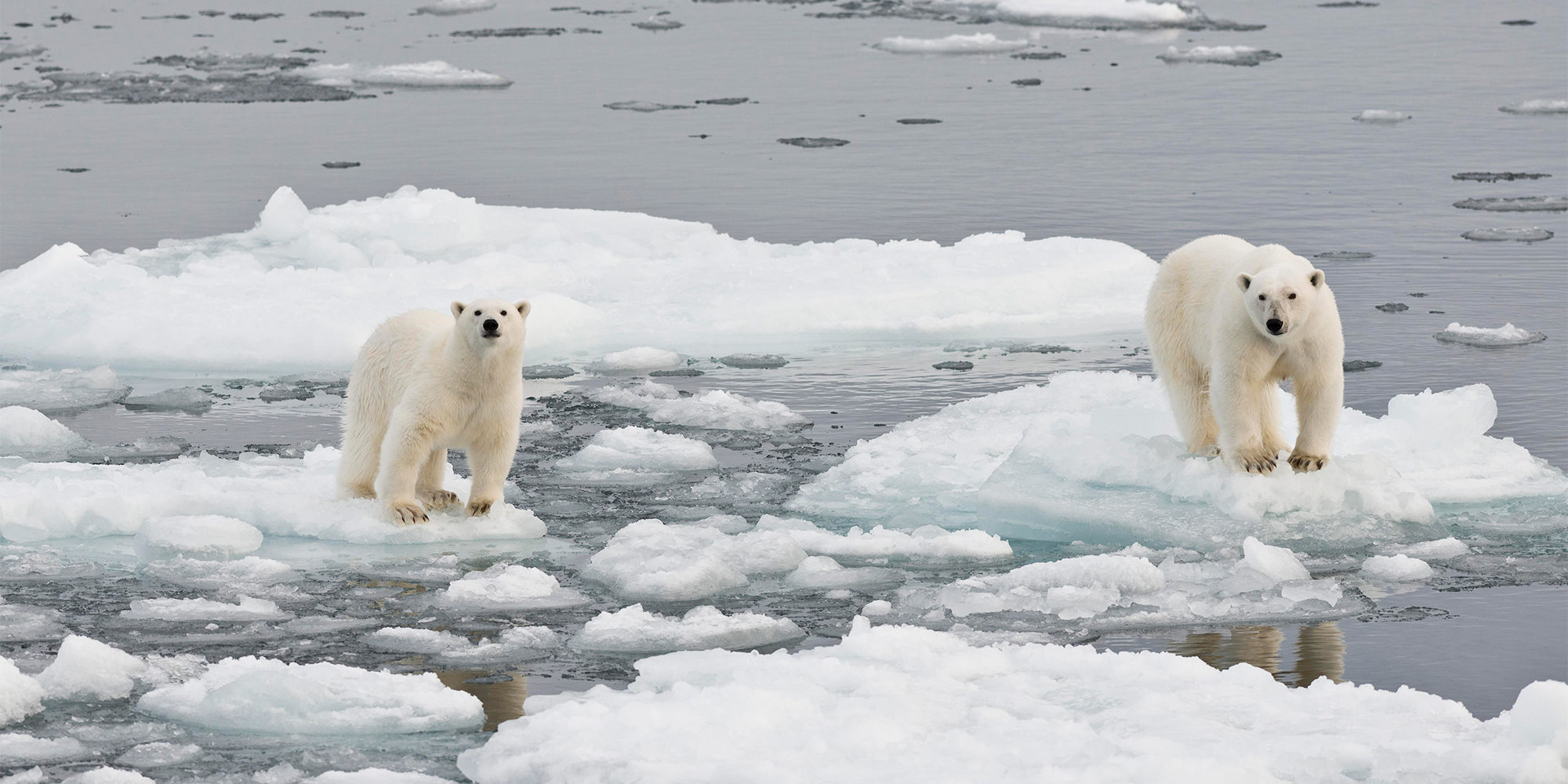Course info
Course image
Course summary text:
 Animal physiology is biological sub-discipline that tries to understand how animals function in ...
Animal physiology is biological sub-discipline that tries to understand how animals function in ...
IUP Biology